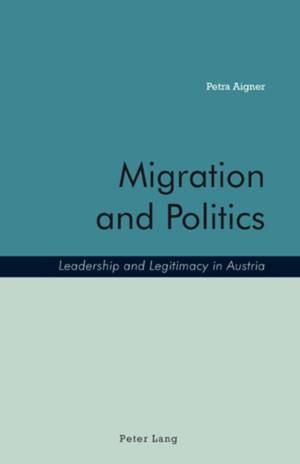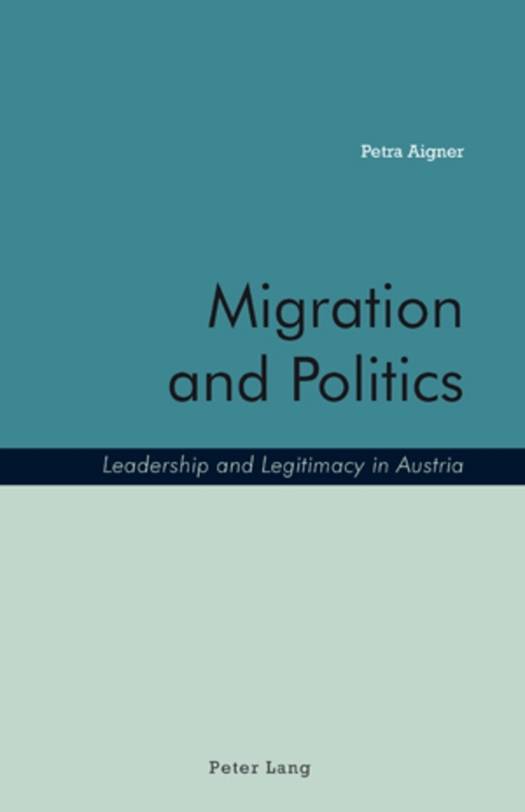
- Afhalen na 1 uur in een winkel met voorraad
- Gratis thuislevering in België vanaf € 30
- Ruim aanbod met 7 miljoen producten
- Afhalen na 1 uur in een winkel met voorraad
- Gratis thuislevering in België vanaf € 30
- Ruim aanbod met 7 miljoen producten
Zoeken
€ 77,95
+ 155 punten
Omschrijving
In recent decades population movements have increased, leading to the globalisation of migration. This has brought about an upsurge in national and international debates about migration and its effects. Differing discourses range from the rejection and exclusion of 'migrants' to an appreciation of cultural diversity. Austria, a former imperial power, and a member of the European Union since 1995, has experienced both traditional and more recent immigration waves. At the national level these have led to a range of party-political policies on migration, which may or may not be endorsed in local everyday settings.
Differing policies imply differing types of political governance. Max Weber's classical sociological theory identified three pure types of legitimate domination - legal-rational, traditional and charismatic. A fourth type, namely utopian/dystopian leadership, is identified in this book. Depending on the correspondence of migration discourses between the political elites and ordinary citizens, the specific types of governance are either wholly or partially legitimated.
This book focuses on official and unofficial discourses about migration in the context of varying degrees of legitimation of political governance by ordinary Austrian citizens. The study was conducted by way of grounded theory. It involves an analysis of party political manifestos and parliamentary debates of the Austrian political parties; and a regional case study using semi-structured interviews.
Differing policies imply differing types of political governance. Max Weber's classical sociological theory identified three pure types of legitimate domination - legal-rational, traditional and charismatic. A fourth type, namely utopian/dystopian leadership, is identified in this book. Depending on the correspondence of migration discourses between the political elites and ordinary citizens, the specific types of governance are either wholly or partially legitimated.
This book focuses on official and unofficial discourses about migration in the context of varying degrees of legitimation of political governance by ordinary Austrian citizens. The study was conducted by way of grounded theory. It involves an analysis of party political manifestos and parliamentary debates of the Austrian political parties; and a regional case study using semi-structured interviews.
Specificaties
Betrokkenen
- Auteur(s):
- Uitgeverij:
Inhoud
- Aantal bladzijden:
- 276
- Taal:
- Engels
Eigenschappen
- Productcode (EAN):
- 9783039109210
- Verschijningsdatum:
- 5/11/2008
- Uitvoering:
- Paperback
- Formaat:
- Trade paperback (VS)
- Afmetingen:
- 220 mm x 150 mm
- Gewicht:
- 399 g

Alleen bij Standaard Boekhandel
+ 155 punten op je klantenkaart van Standaard Boekhandel
Beoordelingen
We publiceren alleen reviews die voldoen aan de voorwaarden voor reviews. Bekijk onze voorwaarden voor reviews.








